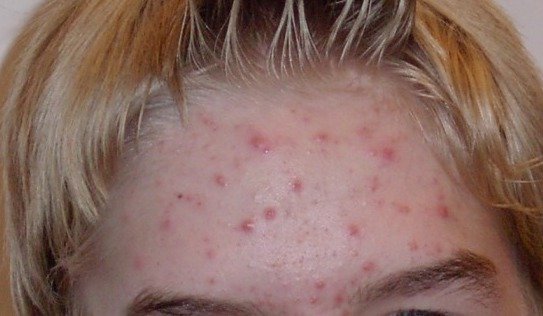Understanding PCOS: ‘Early detection can help remove the cyst’

Are your acne breakouts not calming down? Are you having irregular periods, mood changes, and unexplained weight gains? You might want to go to the nearest doctor if symptoms persist — you might just have PCOS.
When one questions whether or not anybody knows PCOS in group conversations, the immediate reply will mostly be—yes, you guessed it—something PCOS machine-related, which kind of makes sense.
Doctors only diagnose it with women, and even some women mostly shrug it off as just having irregular cycle conditions.
According to the Centers for Disease Control and Prevention (CDC), PCOS or Polycystic Ovary Syndrome is a hormonal condition that is the most common cause of female infertility and even continues beyond child-bearing years. Its name describes the numerous small cysts (fluid-filled sacs) that form in the ovaries.

What are the signs? Its possible effects?
Kaye Clemente, 22 years old, recently discovered that she has PCOS. When asked what urged her to go for a checkup, she said:
“My acne did not disappear since July this year. [My cycle’s] not that irregular, but twice or thrice a year it sometimes reaches about 44, 48, and 57 days in a cycle (not bleeding).”

Aside from “missed, irregular, infrequent, or prolonged periods,” other symptoms, according to WebMD, include hair loss, darkened skin, mood changes, and pelvic pain.
Kaye insists that a checkup is a must when one is experiencing symptoms. As it is a cause of female infertility, it can lead to problems during pregnancy.
If you have PCOS and are overweight, this can cause more problems. You might want to test yourself for diabetes as well (if you don’t already have it). It can also cause heart problems, high blood pressure, among others.
How can I prevent or remove it?
Kaye pointed out, “According to my doctor, early detection can help remove or prevent the cyst through medicine and lifestyle change.”
Treatment will vary depending on your symptoms. Your doctor might offer medication to regulate ovulation and lower insulin resistance (if you have diabetes).
Sometimes doctors prescribe birth control pills if you don’t plan on getting pregnant. They encourage lifestyle change too, specifically through diet and exercise.

The only way to diagnose PCOS is through a checkup. Call your nearest hospital and schedule an appointment to find out if you have PCOS. There, you can get treatment through professional help.
Everyone should be aware of PCOS regardless of their gender. You never know when the knowledge could help your wife, sister, or friend. Or even yourself.
In a time when health and wellness pose a great deal of importance, always remember: health is wealth!
An avid reader and writer. What she reads, she feels; what she feels, she writes. Away from the eyes of the crowd, she engrosses herself in music, film, and design.






